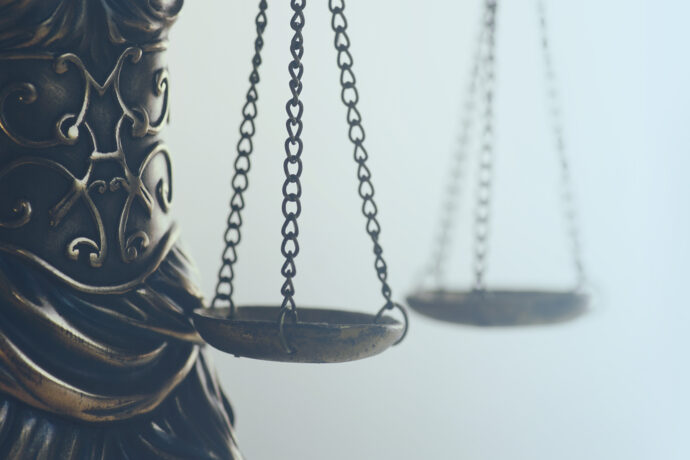I wanted to punch her, but I also wanted to keep my job—and my salvation.
We were five minutes into our meeting, and already she had managed to make several mean jokes about my weight, yell at me, cuss me up one side and down the other, and unjustly accuse me of forging her latest drug screen. I had steeled myself before I went. Meetings with this client always felt like pulling teeth. No matter how kindly and gently I tried to speak with her, she always managed to take what I said the wrong way.
If I said, “If you continue making progress like you have been, I’m confident we can ask the judge for longer visits with your daughter,” she would say, “Why are you trying to keep me from my daughter? Do you just love snatching kids? You’re a horrible person.”
I tried to be understanding. Having your child taken into foster care is devastating and would make anyone extremely on edge. But this woman was on another level. Every day that we worked together, I left her place feeling unfairly attacked, discouraged, and just plain angry—both at her for being so rude and hostile and at myself for not being able to connect with her and help her. I also wanted justice so badly in the face of her untrue accusations and insults.
One day, I was looking back through her file trying to find some information, and I noticed something I had missed before: this client had been in foster care herself as a child. It was a lightbulb moment for me. No wonder she constantly saw me as the enemy. To her, I was just the latest in a long line of people who had ripped her world apart ever since she was old enough to remember. My heart toward her softened immediately, and I realized I had been staring at a hangnail trying to figure out the best way to clip it, and missing the fact that the whole body was in cardiac arrest.
From that moment, I no longer wanted retribution against her. I wanted justice for her.
I wanted to help her break the cycle of poverty and addiction and brokenness that had led her to this point. I wanted to give her a giant hug and tell her that her past does not have to dictate her future. I wanted to fix everything that was wrong for her and stitch up every wound that caused her to lash out at everyone she met—even, and sometimes especially, the people who were trying to help her.
As it turned out, I didn’t get to do any of those things because, shortly after my discovery in her file, I left my job with social services for unrelated reasons. I didn’t fix that client—it never really works that way anyway—and I don’t know how her story ended. But I do know that the justice Jesus was after was different than what I was expecting. Sometimes I am David, asking God to dash my enemies against the rocks. Other times, I remember that Jesus wants to heal them—and me—instead.
We don’t always like Jesus’s version of justice because we want someone to blame. Some of the Jews expected a warrior Messiah who would bring about the bloody fall of the Roman government and end the centuries of oppression they had endured at the hands of other nations. Instead, they got a gentle King who was more interested in freeing them from their own brokennesses.
Our hurts will only ever beget more hurt unless we allow Jesus to transform those hurts into grace.
I felt hurt because my client falsely accused me of being dishonest and trying to break up her family, and that hurt made me want to take my earrings off. Someone cuts us off in the parking lot, and our instinct is to tailgate them, yell at them, or even make creative hand gestures. Our hurts will only ever beget more hurt unless we allow Jesus to transform those hurts into grace. That’s what loving our enemies is. If they deserved our love, they wouldn’t be our enemies.
Jesus, we know, is the Judge and Decider of all things just. In this strange, new world of “what is even true anymore?” Jesus’s definition of justice becomes even more critical to us as believers.
What if the justice we look for might not be the justice God is after? Instead of retribution, what if it looks more like restoration? Instead of revenge, what if it looks like loving our enemies—because hurt people hurt people, and none of us are righteous, no, not one? Instead of violence, what if it looks like subversive, radical kindness that anger doesn’t know what to do with? Instead of eye for an eye, what if it looks like glasses for everybody?





0 Comments